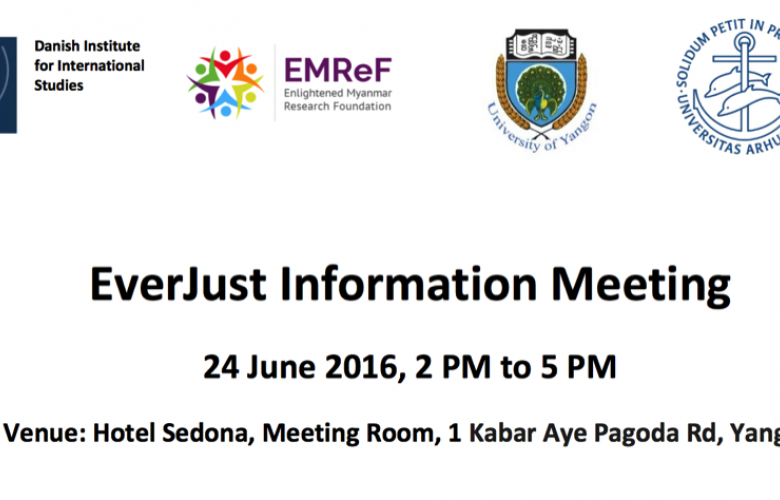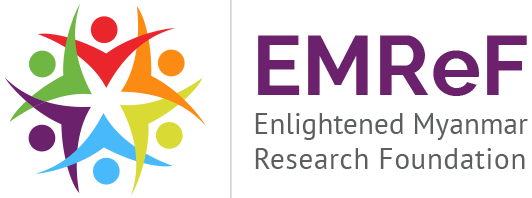
How do ordinary people in Myanmar get their social disputes and crimes resolved? Who are the main justice providers and how do they operate, in varied ways, across different localities? What do these practices imply for access to justice and feelings of safety? The 4-year research project, “Everyday Justice and Security in the Myanmar Transition” (EverJust), explores these questions form a bottom-up, empirical perspective. It situates everyday strategies and avenues for seeking justice and resolving disputes within the wider context of peacebuilding and the transition to democracy. Ethnographic field research is carried out in Mon and Karen states as well as in Yangon. This includes areas controlled by the central government, ethnic armed group areas and localities under mixed forms of governance. Theoretically the project works within a framework of legal pluralism. It understands justice provision as encompassing both formal, informal and hybrid mechanisms, including religious and customary influences.
Everjust constitutes a partnership between the Danish Institute for International Studies (DIIS), Yangon University’s Anthropology Department, Enlightened Myanmar Research Foundation (EMReF), and Aarhus University. Joint fieldwork and research capacity building is a core component. It is funded by Danida.
At this information meeting the EverJust research team will share the objectives and methods applied in the project with key stakeholders. Preliminary findings from the past months of fieldwork will also be presented.
The meeting will be held in English.
